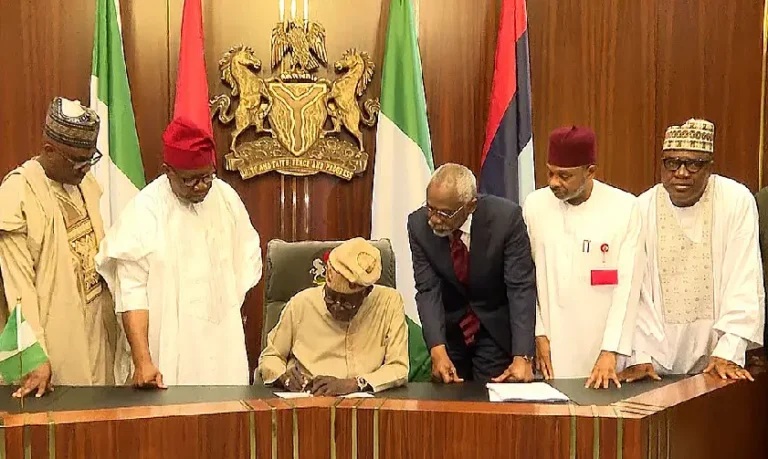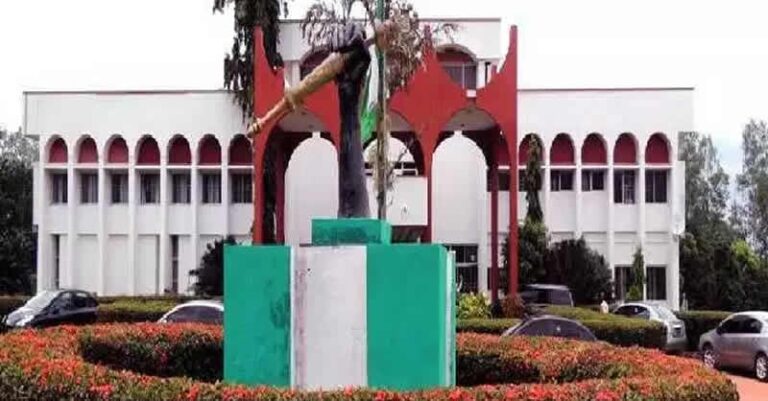
CBN moves to check BDC operators as naira slumps to ₦900 per dollar
The Central Bank of Nigeria (CBN) has vowed to invalidate the licences of Bureau De Change Operators (BDC) as the Naira continues its downward spiral in the parallel market.
Despite making gains recently as it traded between ₦850/dollar and ₦880/dollar a few days ago, the naira slumped again as shortages of the notes were recorded in the black market.
Shortly after the naira recorded one of its lowest drops to ₦950 amid fresh concerns over scarcity, there was renewed hope after President Tinubu’s meeting with the acting CBN governor, Folasodun Sonubi as the naira recorded a moderate gain by trading at about ₦880/$.
While commenting on the issue, the President, the Association of Bureau De Change Operators of Nigeria, Aminu Gwadabe, confirmed the apex bank’s decision to sanction erring BDC operators.
Gwadebe noted that the CBN had engaged with the operators across the zones, with a warning that by August 31, 2023, any operator that breached the banking regulator’s circular on the allowable margin of -2.5% and +2.5% on the average weighted rate of the I&E closing rate, rendition of returns and payment of penalties, risks the withdrawal of their operating licence.
The CBN had also announced additional guidelines for BDC operators in a bid to improve the efficiency of the Nigerian foreign exchange market.
The CBN circular, signed by the Director of the Exchange Department, O.S Nnaji, ordered a mandatory rendition of the daily, weekly, monthly, quarterly and yearly report by BDC operators on the Financial Institution Form Rendition System (FIFX) which has been upgraded to meet individual operators requirements.
The apex bank also warned the operators that failure to render the reports would attract sanctions which may include invalidating their operational licenses.
Due to the inconsistencies witnessed in the FX market, the Economist Intelligence Unit (EIU), a global leader in global business intelligence and market insights predicted some weeks ago, that the federal government may be forced to back out from its decision to float the naira.







